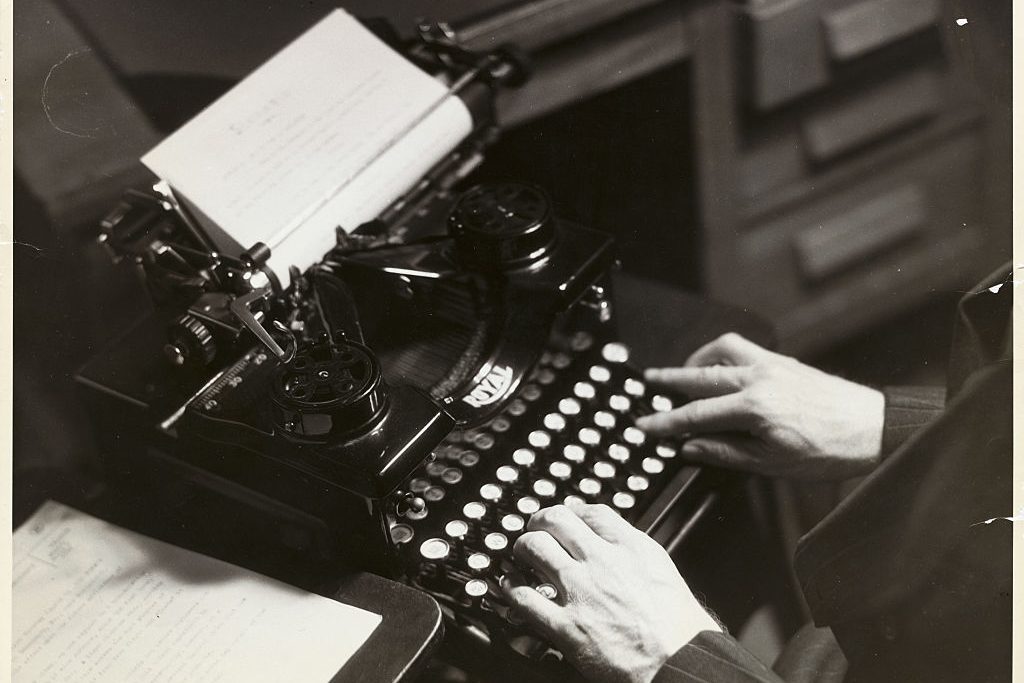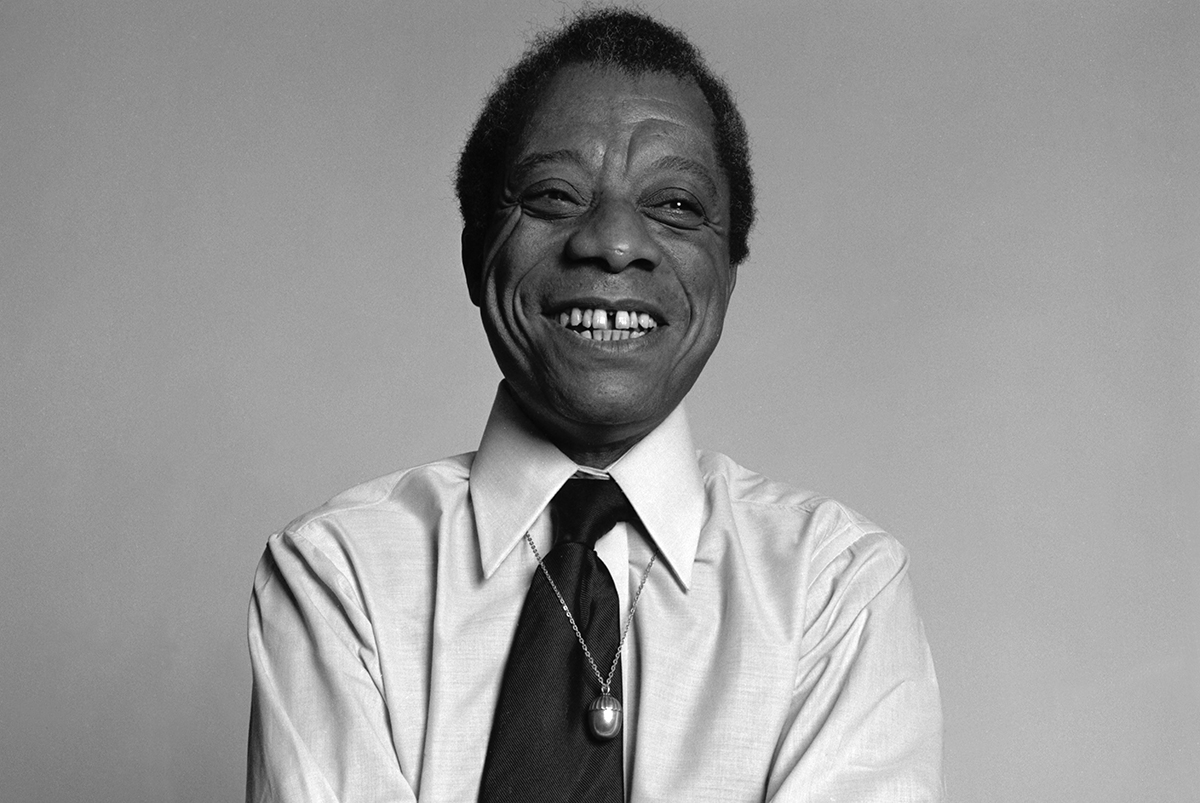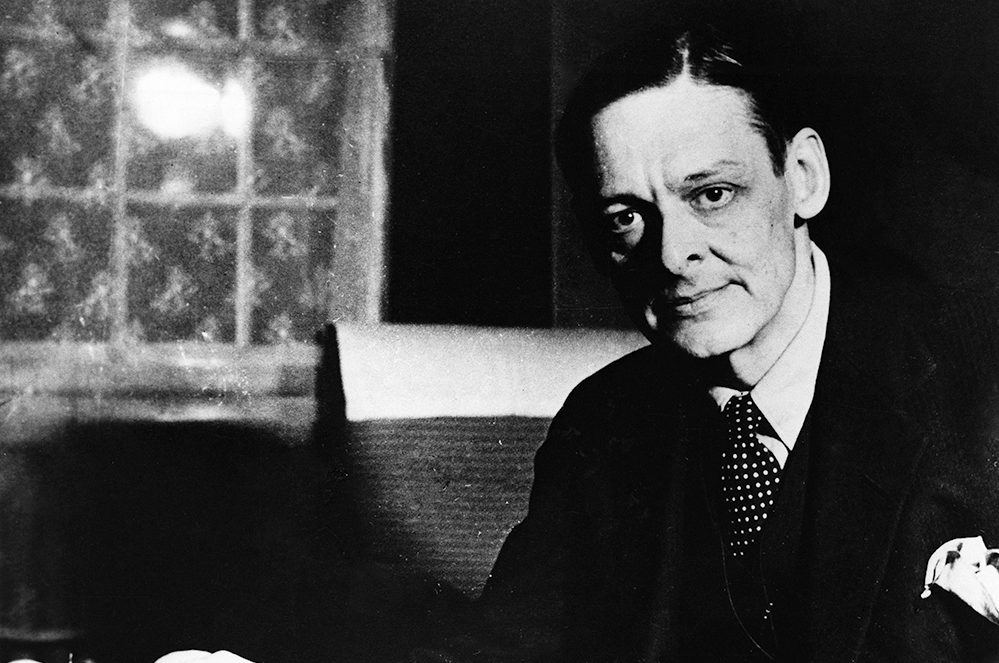You will by now doubtless be familiar with the University of Toronto academic Jordan Peterson. He’s the unlikely YouTube star and scourge of political correctness whose book 12 Rules for Life: An Antidote to Chaos has become a worldwide bestseller, beloved of serious young men seeking intellectual challenge and good old-fashioned fatherly advice. Summary: ‘Sort yourself out, bucko.’ We don’t really need the likes of Peterson here: we’ve got Ferdinand Mount. The book we should all be reading to sort ourselves out, buckos, is Prime Movers.
Mount is, admittedly, an unlikely intellectual hero. Modest and self-deprecating almost to the point of absurdity, in his memoir Cold Cream: My Early Life and Other Mistakes (2008) he chronicled a life of extraordinary privilege — Eton, Christ Church, head of Mrs Thatcher’s policy unit, editor of the TLS — with the kind of insouciant charm possessed only by those blessed with extraordinary privilege.
Easy to underestimate, Mount should never be underestimated. In a life of public and political service, he has somehow found the time to write a couple of dozen books — including the much underrated Chronicle of Modern Twilight series of novels, clearly inspired by the model of his uncle ‘Tony’ Powell’s A Dance to the Music of Time — but Prime Movers is clearly the big one, the summing up, the statement piece, the magnum opus, surely Mount’s last stand.
The book’s rather Molesworthian subtitle — ‘From Pericles to Gandhi: Twelve Great Political Thinkers and What’s Wrong with Each of Them’ — does the book something of a disservice. As Mount rightly points out in his introduction: ‘This is not a collection of hatchet jobs.’ Prime Movers is not Paul Johnson’s Intellectuals (1989) redux, or some awful sub-Strachey.
On the contrary, the book surveys in extraordinary detail, and with exceptional insight, the ideas of 12 ‘Prime Movers’ — a motley crew of ‘a Greek, a Palestinian Jew, a Frenchman, a Scot, an Irishman, an American, an Englishman and an Englishwoman, an Italian, a German, a Hindu who invented India and a Muslim who invented Pakistan’ — who through ‘their passion and eloquence… have shaped our politics’, and gives them all a lesson in civics. Pericles, Jesus, Rousseau, Adam Smith, Thomas Jefferson, Jeremy Bentham, Mary Wollstonecraft, Mazzini, Marx, Gandhi and Muhammad Iqbal, it’s time for your seminar with our distinguished visiting lecturer, Mr Mount.
Conservative-minded readers should expect the unexpected. Jesus and his followers, for example, come off rather badly: ‘By sticking strictly to the instructions of Jesus and Paul, the Church over the centuries had found itself allied to some of the most ghastly authoritarian regimes.’ Marx fares rather better than one might expect, Gandhi comes out pretty well, and Edmund Burke probably does the best of all, with Mount putting up a stirring defence of a thinker often dismissed as a ‘lackey of the rich and powerful’. There are squirty little asides throughout that are worthy of a Wooster. Of Mary Wollstonecraft: ‘She was a blazer’; and on Adam Smith: ‘How well he looks in his bag-wig with a quiet smile playing around his lips, all in purple on the £20 note’ — and the book barely lets up in its exertions until the final chapter on the poet and spiritual father of Pakistan, Muhammad Iqbal, which alas reads rather like a primer compared to the barnstorming opening chapter on Pericles.
In a short conclusion, ‘In praise of trade-off’, Mount summarises his arguments against his various thinkers:
They are intent on arguing a case, incurably reluctant to admit weaknesses in or exceptions to that case, still less willing to consider that there might be malign consequences to the theory or course of action they are recommending, or to consider that alternative theories might undermine their arguments.
One cannot help but hear a criticism of his own involvement in politics, and in his analysis and discussion of Athenian democracy it is clear that Mount is really writing about Britain’s Brexit: ‘Democracy’s consciousness of its own moral superiority often entrenches it in a refusal to admit error or to shift course to reach an accommodation with its neighbours.’ Look back, face forward — and sort yourselves out, buckos!

























